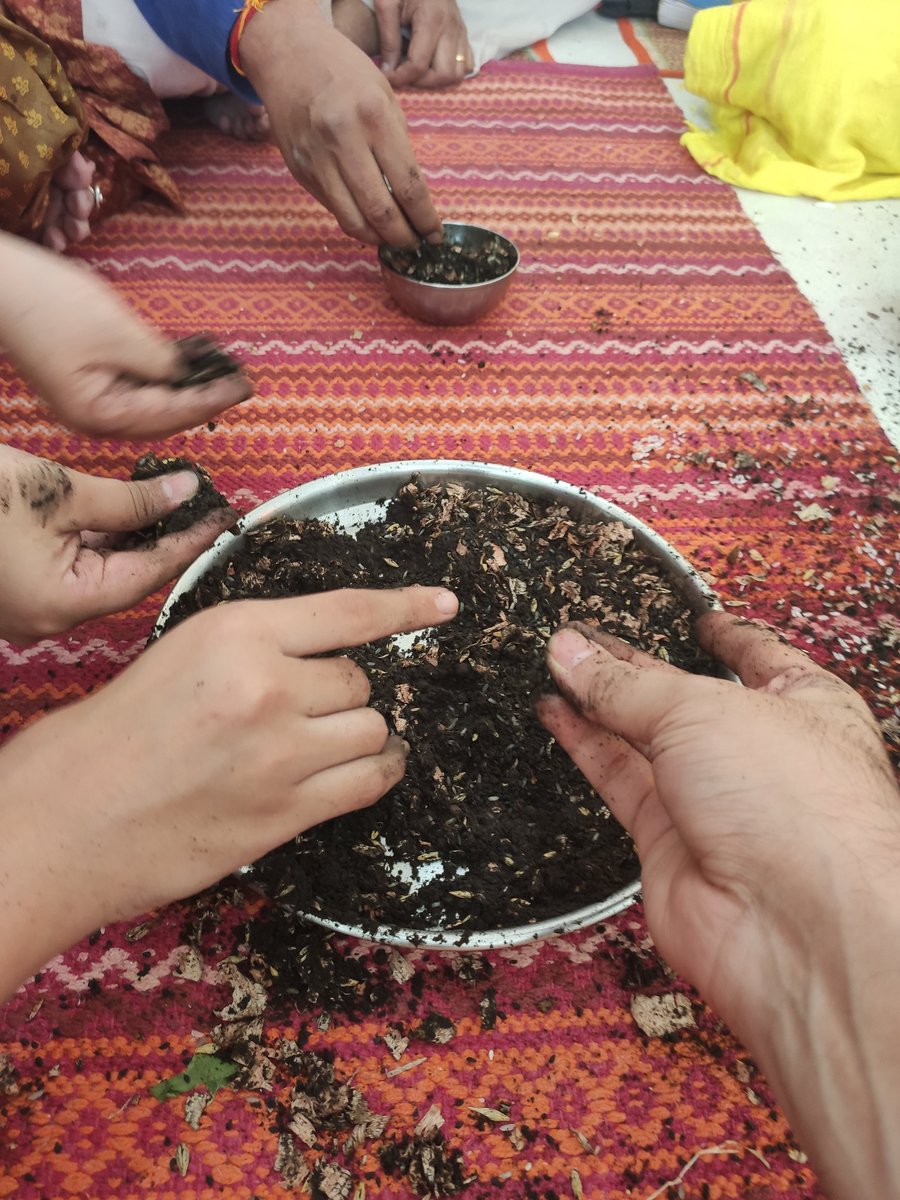Recently, a propagandist article titled ‘Who killed Sanskrit’ was published in Deccan Herald by a certain Sumit Paul, who seems to have taught Persian and Sanskrit at Bhandarkar Oriental Research Insitute, Pune.
The article is completely one-sided and [not even] half-baked.
1/n
The article is completely one-sided and [not even] half-baked.
1/n
Author drops names by saying “Once you understand Panini's ‘Ashtadhyayi’, ‘Siddhantkaumudi’ …” and then like somebody completely ignorant of Sanskrit grammar, gives the wrong derivation of ‘Sanskrit’ itself, inventing a word ‘Sans’!!
More on this at groups.google.com/d/msg/bvparish…
2/n
More on this at groups.google.com/d/msg/bvparish…
2/n
The author ascribes Bhāsa’s famous play ‘Urubhaṅgam’ to Daṇḍin! Wonderful!!
Dr. Saroja Bhate, renowned grammarian, says during her long association with BORI neither she nor secretary of BORI remember Sumit Paul teaching at BORI. More on this at groups.google.com/d/msg/bvparish…
3/n
Dr. Saroja Bhate, renowned grammarian, says during her long association with BORI neither she nor secretary of BORI remember Sumit Paul teaching at BORI. More on this at groups.google.com/d/msg/bvparish…
3/n
Throughout the article, the author pushes the agenda that Sanskrit is dead in India, but is in safe hands in Western universities, especially Oxbridge. This is exactly the agenda of Sheldon Pollock, successfully highlighted by @RajivMessage in The Battle for Sanskrit.
4/n
4/n
Author claims
“Wendy Doniger ... speaks effortlessly in modern, colloquial and Vedic variants of Sanskrit.”
Nobody speaks Vedic (or even accented Laukik) Sanskrit. Only Vedic scholars ‘recite’ Vedic during ‘patha’ of Vedic texts.
Doniger speaking Vedic? Yeah, right!!
5/n
“Wendy Doniger ... speaks effortlessly in modern, colloquial and Vedic variants of Sanskrit.”
Nobody speaks Vedic (or even accented Laukik) Sanskrit. Only Vedic scholars ‘recite’ Vedic during ‘patha’ of Vedic texts.
Doniger speaking Vedic? Yeah, right!!
5/n
Other articles by Sumit Paul are ‘Hinduism is a violent faith’ and ‘Free Sanskrit from Brahminical Hegemony’ on ‘The Milli Gazette’, which claims to be “Indian Muslims’ Leading News Source.
Caveat lector! The author is spreading propaganda.
Read groups.google.com/d/topic/bvpari…
n/n
Caveat lector! The author is spreading propaganda.
Read groups.google.com/d/topic/bvpari…
n/n
• • •
Missing some Tweet in this thread? You can try to
force a refresh
















